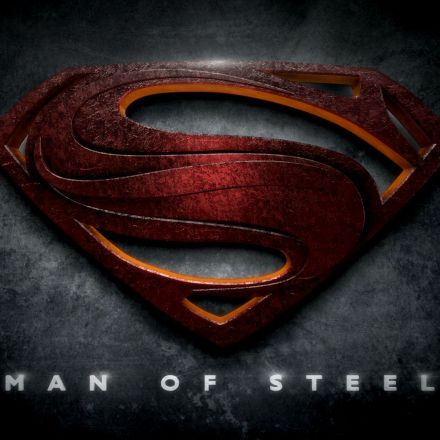Thank you
Your email has been added to our waiting list and we will send an invite to you as soon as possible. Thank you for your patience.
In the meantime, if you happen to run a blog, our newly launched Blog Enhancement Suite can utilize the immense power of community to help you get more audience, engagement, content, and revenue with your own embeddable community! It will breathe new life into your blog and can automate many of the tedious tasks that come with the territory, so you can focus more on what matters most... writing.
Help spread the word about Snapzu:
Let others know about Snapzu by tweeting about us. We appreciate every mention!
Tweet it!




Join the Discussion
If Snyder's intention for Man of Steel was to explore the consequences of Superman's recklessness, it fell short. My impression of modern Superman is that he's Super, not because of his superpowers, but because of his compassion, integrity, sense of justice, and self-sacrificing heroism. Man of Steel sermonizes Superman as a leader, an inspiration, a symbol of hope, and a "guardian angel". Following this theme, we have this line from the movie which was used as the centerpiece in the much-celebrated trailer:
Yes, Superman has had many incarnations and he has spanned the entire spectrum of morality, but this seemed to be the interpretation they were embracing as the core theme of the film.
Yet the movie culminates in catastrophe, with Superman and Zod destroying much of the city because of their battle. One can extrapolate that many innocents died. In the final scene of the climax, although Zod is tangled in a headlock by Superman, his heat-vision creeps toward a small crowd of bystanders trapped in a corner. Forced into a decision, Superman snaps Zod's neck to prevent the needless deaths of innocents. It's an ending that has little self-awareness as to the scenes that came just moments ago or to the central theme the film constructs. Furthermore, the circumstances feel contrived toward the sole purpose of giving Superman the moral justification to snap Zod's neck.
In the final scenes of Man of Steel, Martha Kent praises Superman with affirmation that Jonathan Kent "always believed you were meant for greater things, and that when the day came your shoulders would be able to bear the weight." So it's not as if after the climax the film the turned a critical eye on the chaos. It continued down the same thematic trail it had built for itself.
I take issue with this because nowhere was Man of Steel advertised as the first installment of a serial. Yes, it was clear that there would be sequels and a DC narrative would be built through the sequence of movies, akin to Marvel. But there is a great difference between the Marvel method and the method Snyder has used. Call me old fashioned but if I watch a movie, I think it should stand on its own merits. Marvel does this pretty well, as each independent movie is sound while containing elements that allow for the Avengers crossovers. To suggest that I need to wait three years to watch the sequel to understand what the first movie meant to say is, in a word, shit. Even in a series, it's an unwritten rule that you establish the tone, theme, or mood early on. People need and deserve to know what type of show they are watching.
It was the only thing in that movie that took me out of the moment. I understand, a young inexperienced Superman... He has to get his moral code.. But still.
A great moment in the comics showing Superman being a super great person.
http://imgur.com/gallery/Ijdxh
It was the sole issue in this moving picture that took Pine Tree State out of the instant. I perceive, a young inexperienced Superman... He should get his ethical codhttp://www.toppctech.com/best-144hz-monitor-reviews/